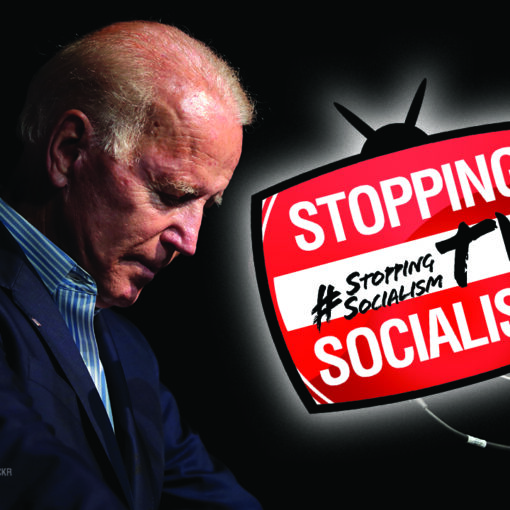Despite a barrage of Republican attacks, lackluster returns and diminishing client interest in the US, BlackRock Inc. has been quietly expanding its dominance in ESG investing.
The world’s largest asset manager has posted net ESG inflows every quarter for the past two years, a period that marks one of the toughest ever in the two-decade history of environmental, social and governance investing.
In all, BlackRock’s ESG-related assets under management swelled 53% from the beginning of 2022 through the end of last year, according to data provided by Morningstar Direct. Over the same period, the wider ESG fund market grew only about 8%. The money manager now oversees roughly $320 billion of ESG funds, more than any other investment firm in Europe, the US or globally.
BlackRock declined to comment on the figures, which are based on Morningstar’s own assessment of sustainability metrics and exclude excludes money market, feeder and funds of funds. According to its websites, BlackRock manages $665 billion via its sustainable investing platform, and integrates what it considers to be financially material ESG data into firm-wide investment processes.
“BlackRock has been the biggest contributor of inflows into ESG funds over the past five years, including the past couple of years,” said Hortense Bioy, Morningstar’s global director of sustainability research. And that’s “despite the ESG backlash in the US.”
That backlash has been increasingly aggressive, as the Republican Party seeks to characterize ESG as woke, anti-capitalist and even anti-American. BlackRock has often found itself at the receiving end of ESG-related outrage, prompting Chief Executive Larry Fink to declare the label too “weaponized” to use. That followed warnings in which he said the debate around ESG had become “ugly” and “personal.”
“We can expect the ESG backlash in the US to continue until the election,” Bioy said. “And perhaps also beyond, depending on the outcome of the election.”
See full article from investmentnews.com.
Stopping Socialism is a project of The Heartland Institute and The Henry Dearborn Center for Human Rights, a nonprofit association of professionals and scholars.






